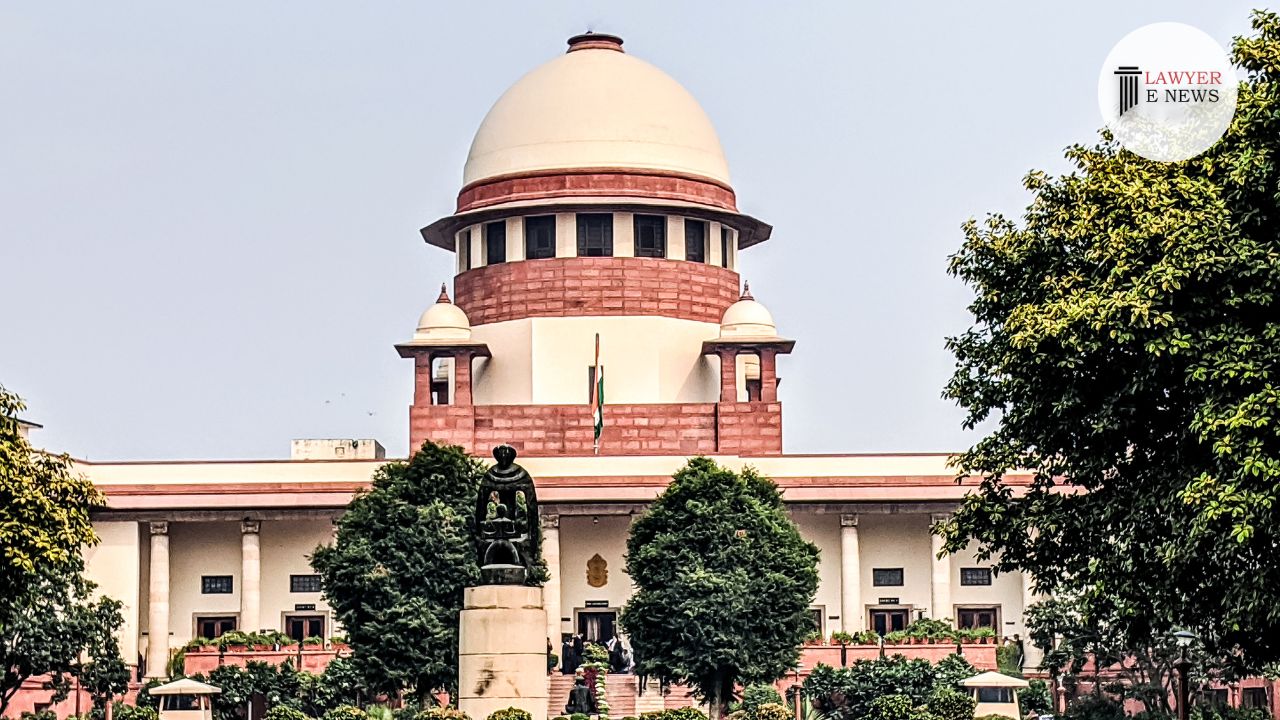-
by Admin
15 February 2026 5:35 AM



The Supreme Court today overturned a Karnataka High Court decision that had quashed an FIR lodged against a police officer accused of demanding bribes to manipulate an investigation related to sexual harassment allegations. The Apex Court, emphasizing the premature dismissal of investigatory evidence, reinstated the FIR for comprehensive judicial scrutiny.
The judgment centered on the necessity of proper procedural adherence in assessing evidentiary sufficiency in corruption charges under the Prevention of Corruption Act, 1988, against law enforcement officials.
The appeal stems from an FIR against Jayaraj, a police officer implicated in soliciting bribes from Sanju Rajan Nayar, the appellant. Nayar alleged that Jayaraj demanded money in return for favorable outcomes in a case where Nayar was accused of sexually harassing his minor child. Despite the presentation of a pendrive containing alleged evidence of the bribe demands, the High Court had dismissed the FIR citing insufficient direct evidence.
Evaluation of Evidence: The Supreme Court criticized the High Court’s conclusion that the absence of direct evidence warranted the quashing of the FIR, asserting that such determinations should be reserved for the trial phase.
Impact of Departmental Proceedings: The court distinguished the outcomes of departmental proceedings from those of criminal prosecutions, noting that exoneration in the former does not preclude prosecution in the latter, especially when supported by investigatory material such as the pendrive.
Legal and Procedural Standards: The Supreme Court highlighted the misapplication of legal standards by the High Court and reinstated the FIR to ensure that all evidentiary aspects are thoroughly evaluated during trial proceedings.
Decision Restoring the FIR, the Supreme Court has mandated the continuation of the investigation and trial, underscoring the separate considerations applicable in departmental and criminal evaluations. This decision opens the path for a detailed examination of the allegations in a trial setting.
Date of Decision: April 23, 2024
SANJU RAJAN NAYAR vs JAYARAJ & ANR
